Unemployment: Economic, Political and Social Aspects
This book discusses unemployment and its relations to economic, political and social aspects. The first chapter studies the relationship of unemployment to the level of confidence that characterizes some macroeconomic relevant agents, such as consumers or investors. Chapter Two investigates the effects of productivity growth shocks on unemployment, both in the short run and in the medium - long run. Chapter Three reviews finite sample inference for unemployment-inflation tradeoff. Chapter Four focuses on understanding how the Great Recession of 2007-2009 and/or long-term labor market changes may have separately or jointly affected health among employed workers in 2010. Chapter Five evaluates the persistence of the unemployment rate in the following emerging European countries: Slovenia, Slovakia, the Czech Republic, Poland, Hungary, Cyprus, Malta, Estonia, Latvia and Lithuania. Chapter Six discusses the case of election results on the political aspects of unemployment. Chapter Seven studies the relationship between unemployment and the (individual) perceived levels of well-being, such as life satisfaction or happiness. Chapter Eight assesses the association between homelessness and survival in a population of unemployed individuals in one region of northern Poland. Chapter Nine studies the impact that educational level and vocational training programmes had on the labour market of semi-peripheral EU countries, using Greece as a case study. Chapter Ten estimates the effects of area unemployment rate on smoking and drinking in China.
{{comment.content}}
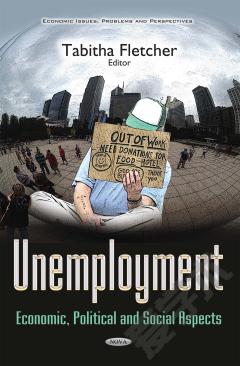
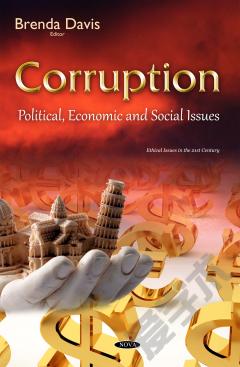


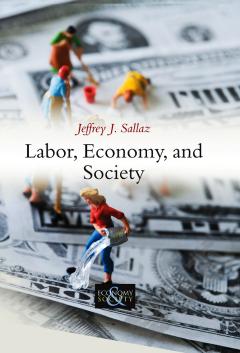
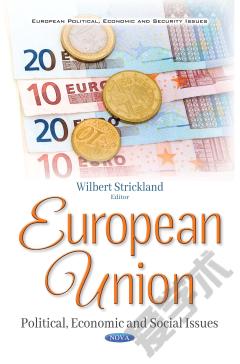
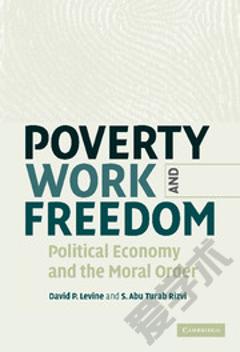

 京公网安备 11010802027623号
京公网安备 11010802027623号